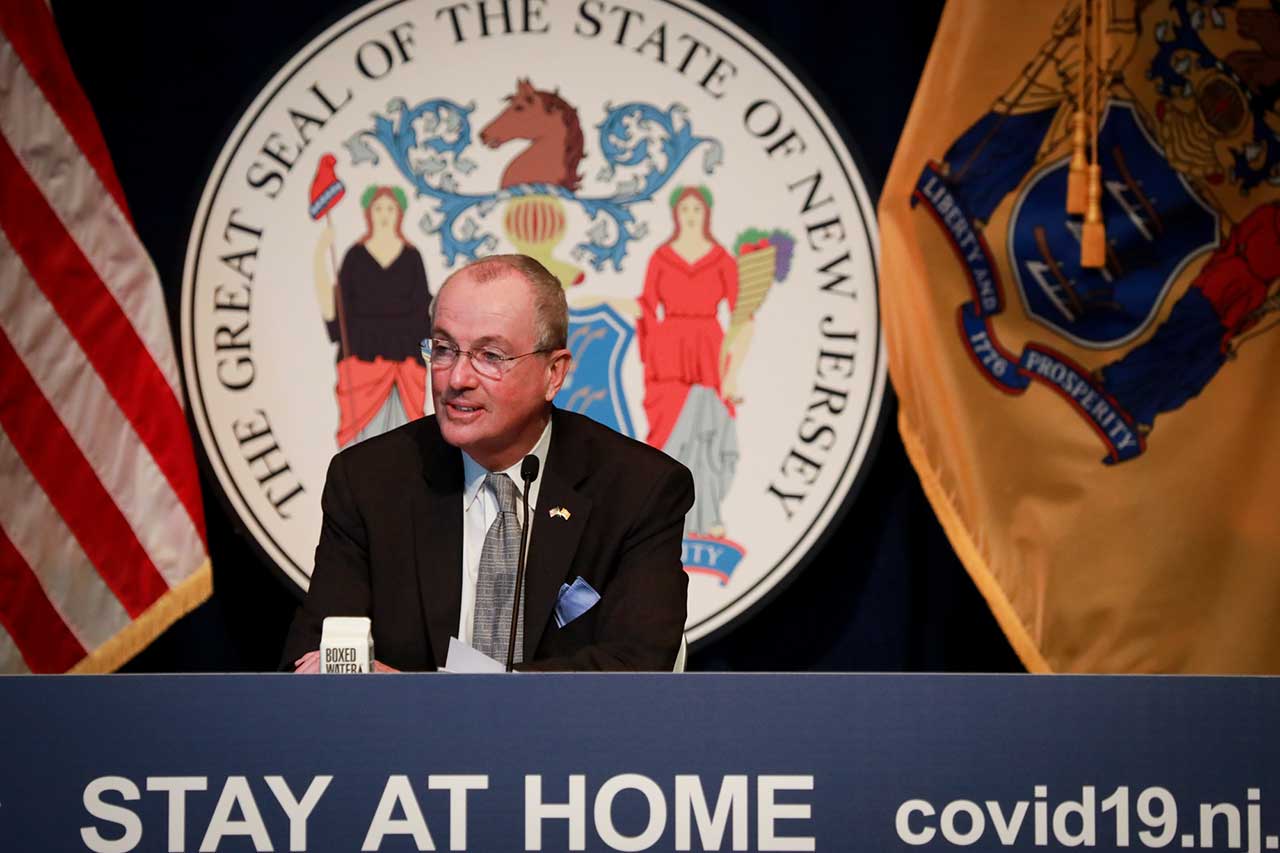
Bills continue to pile up for many as the coronavirus pandemic drags, but renters in the Garden State have just been granted a little financial flexibility that could help them pay their immediate debts.
Late last week, Governor Phil Murphy signed Executive Order #128 that allows tenants to use funds that are being held as a security deposit to pay their monthly rent. The Order cited the state’s massive unemployment claims, which climbed to over 856,000 as of April 13.
The Order does not contain any exceptions for those with higher incomes and applies to any residential tenant that has a lease agreement in place. A renter will need to make a written request to the landlord either traditionally or electronically to take advantage of the opportunity.
The chance for tenants to pay rent via their security deposit is a temporary one and renters will be responsible for replenishing the security deposit account down the road. If a lease is renewed while the state’s Public Health Emergency declaration is still in effect, tenants will have six months to replenish their security deposit.
The Order additionally dictates that if a lease is renewed after the Public Health Emergency has been lifted, the security deposit account would need to be replenished immediately. Month to month tenants need to fund their deposit accounts the first month after the Public Health Emergency is lifted.
The temporary measure comes the same month that the State Senate unanimously passed the 2020 New Jersey Emergency Rental Assistance Program, which seeks to assist residential tenants who have experienced COVID-19 related setbacks by creating a $100 million fund to help pay rents.
That proposed program does have some financial restrictions, as qualified tenants cannot make more than 120% of their county’s median family income as defined by the United States Department of Housing and Urban Development.
The bill was passed by the Senate on April 13 and referred to the State Assembly’s Housing Committee, who will discuss it during a quorum being held on May 4. The Assembly could potentially approve the bill, which would take effect immediately, during their next voting session on May 14.
Related:
- N.J. Renters Could Get Relief Under Proposed COVID-19 Assistance Bill
- Gov Murphy Halts Non-Essential Construction in NJ to Fight Spread of COVID-19
- How to Help Local Businesses Struggling Through COVID-19 Restrictions


